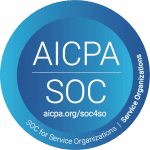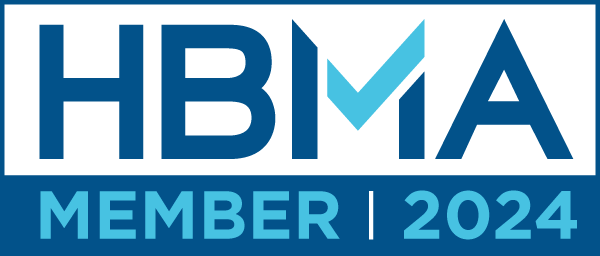Embrace Efficiency:
Six Ways Automation Transforms Medical Billing
In the intricate world of healthcare revenue management, the difference between thriving and merely surviving often hinges on the efficacy of your billing processes. Did you know that poor billing practices cause doctors in the US to lose an estimated $125 billion dollars each year? Automation stands as a beacon of progress, offering a multitude of strategic advantages that can radically streamline operations. This isn’t about replacing the human element; it’s about augmenting it with precision and insight that only technology like automation can provide. With an emphasis on the innovative approach of automation in medical billing, let’s dissect the practical and statistical benefits this technology offers, substantiated by real-world applications and outcomes.
- Data Mastery Through Automation: In the era of big data, the ability to efficiently manage patient information is paramount. According to statistics, dirty data costs the US Healthcare system $300 billion dollars each year. Automation serves as the cornerstone of effective data management, enabling practices to deftly navigate the complexities of information acquisition and integration. By automating routine tasks such as scanning and indexing patient forms, healthcare providers can redirect valuable human resources to areas that require a personal touch, such as patient care and service innovation.
- The Economic Impact of Charge Management: Inefficient charge management can lead to significant financial drain. Consider that the average medical practice faces losses of $125,000 each year due to suboptimal charge processes. Automation stands as a vigilant gatekeeper, assuring that services are coded correctly, documented comprehensively, and captured without delays, enhancing financial integrity at every juncture.
- Claims Processing: A Cost-Benefit Analysis: The stark contrast in processing costs between electronic and paper claims — $2.90 versus $6.63, respectively — illustrates the cost-effectiveness of electronic systems. But beyond the surface, automation’s true value lies in its ability to minimize the need for reworking claims, which carries a hefty tag of over $31 per claim. By ensuring clean claims the first time around, PhyGeneSys aids in significantly reducing these extraneous expenses.
- Navigating Denials with Precision: PhyGeneSys’s robust follow-up mechanisms use real-time data to prioritize and address denials, turning potential revenue losses into recoverable gains. This system not only trims the accounts receivable cycle but also leverages the time of medical staff, allowing them to engage in more meaningful tasks that can contribute to patient satisfaction and retention.
- Cultivating Patient Loyalty through Technology: With automation ensuring seamless registration, accurate charge capture, and timely claims submission, the patient experience is markedly improved. This technological embrace goes hand-in-hand with a notable statistic: patients involved with their EHRs are three times more likely to continue their relationship with a healthcare provider.
- Actionable Intelligence for Sustainable Growth: As the healthcare industry grapples with razor-thin margins, the ability to generate precise and actionable reporting becomes invaluable. Automation aids in capturing key data points that can influence care quality and cost management. This strategic approach aligns with insights from Accenture, suggesting that intelligent automation can curtail task-related time by up to 30% and cut costs by as much as 60%.
Integration of RPA Benefits in Medical Practices:
The integration of automation into medical billing processes translates to more than just statistics; it represents a tangible shift in how healthcare providers operate. For example, AHIMA reports that 40% of medical coding professionals face burnout, with automation proven to alleviate the stress associated with repetitive tasks. Moreover, rather than displacing staff, two-thirds of organizations find that automation enables the redeployment of personnel to more engaging and impactful roles, enhancing overall job satisfaction and retention.
About PHIMED and Automation:
In advancing towards greater operational efficiency, PHIMED’s comprehensive understanding of CPT, ICD, and HCPCS coding standards, along with its commitment to meeting Medicare guidelines and accommodating the requirements of various payers, including Medicaid, establishes a solid base to maximize the advantages of automation. Through years of experience and a commitment to innovation, PHIMED’s solutions are designed to not just accelerate the revenue cycle but to elevate the entire healthcare experience.
To delve deeper into how automation can optimize your medical billing processes and equip your practice for the demands of modern healthcare, reach out to PHIMED for a comprehensive consultation. Contact us at 800-909-7240 or via email at info@phimed.com.









